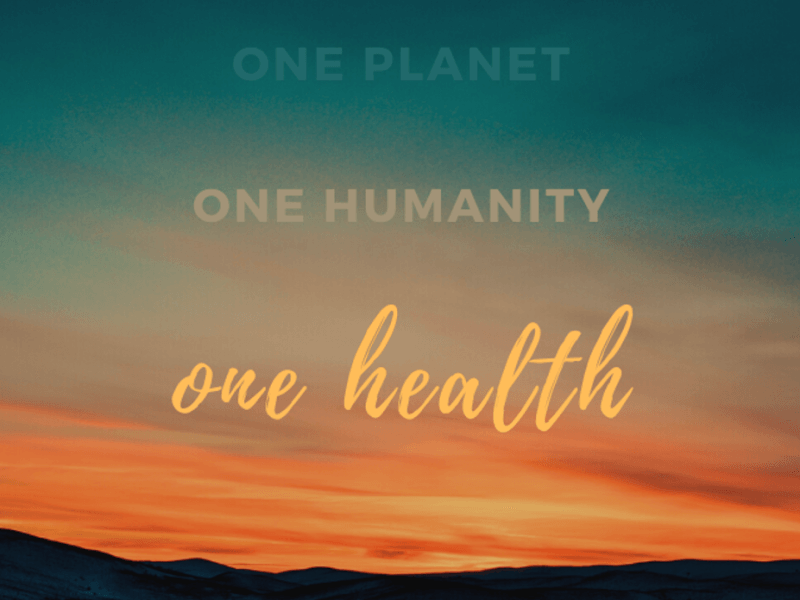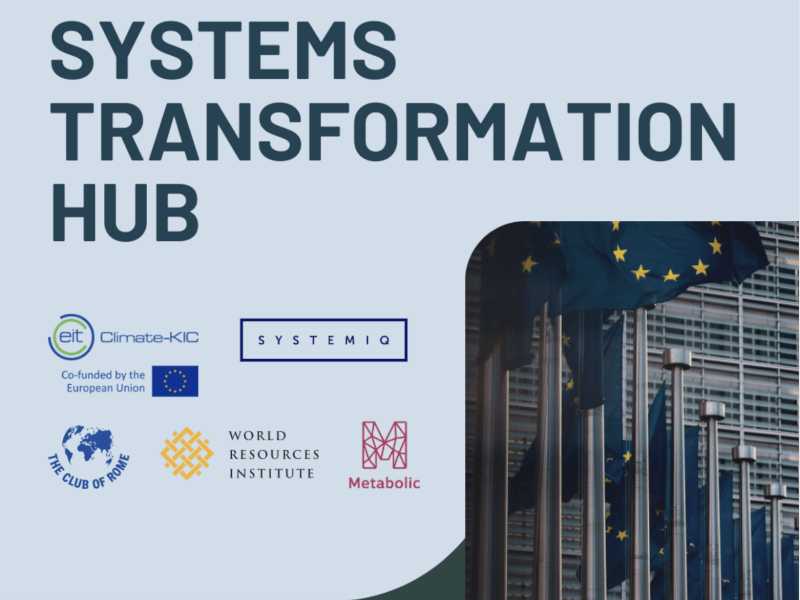09 April 2020 –
CALL TO ACTION TO G20 LEADERS : EMERGING FROM THE EMERGENCY WITH PEOPLE, PLANET, PROSPERITY AT THE HEART OF THE COVID-19 RECOVERY
It is time to harness our fears, build hope and drive action to build resilient societies on the longer term
We call on G20 Leaders, Heads of State and Finance Ministers, to have the courage, wisdom and foresight to make their economic recovery plans targeted towards both short and long term health and well-being for people. In doing so, such leadership will help secure a path towards greater resilience, by improving global health, reducing air pollution and greenhouse gas emissions, rebuilding our relationship with nature, rethinking how we use land and transforming our food systems to produce healthy food in harmony with local ecologies and socioeconomic well-being.
It is important to acknowledge that in addition to the COVID-19 pandemic, the planet is facing a deeper and longer-term crisis, rooted in a number of interconnected global challenges. Recent research on the ecology of diseases suggests that wildlife trafficking, unsustainable food systems, biodiversity loss and deforestation are key drivers behind pandemics. Like COVID-19, climate change, biodiversity loss, and financial collapse do not observe national or even physical borders.
International cooperation is therefore essential to resolve future existential threats and ensure that economic recovery and the transfer of capital fosters greater resilience to future shocks. Now is the moment for global solidarity among the people and nations being affected by the pandemic, and for restoring the balance between people and nature for future resilience.
We look to your leadership to build a new global economy that ensures an equitable, inclusive and sustainable future for all. This demands that recovery packages and fiscal stimulus plans are designed to foster a COVID 19 exit and recovery strategy that gives priority to low carbon regenerative circular economic development rather than bail out policies that subsidise unsustainable and polluting industries.
Governments around the world have implemented policies to protect health at great economic cost. Any post-COVID recession will also have major impacts on mental and physical health through increased poverty and unemployment; investing in fossil fuels would also worsen air pollution and climate change. In recovering from COVID-19 it makes sense to act on climate, protect nature and promote health and wellbeing. Luckily, there is a very strong business and economic case for addressing the planetary emergency through a more systemic approach.
People, Planet and Prosperity should stay at the top of the agenda in 2020 and beyond. Leaders must keep up momentum on these fronts and emerge from this current pandemic by taking care of people and the planet in a holistic fashion. Governments must focus on clear timetables and targets in order to fulfill their commitments to the Paris Agreement and the SDGs, and build the necessary resilience needed to reduce the risks of future crises within our economic, financial and social systems. Welfare and wellbeing for all rather than GDP growth ought to be the ultimate objectives for the future. The voice of citizens needs to be included in decision making to shape a more inclusive future.
The solutions include investing in renewable energy instead of fossil fuels; investing in protecting nature and reforestation; nature-based solutions; investing in safe and sustainable food systems and regenerative agriculture; and, shifting to a more local, circular and low carbon economy. These positive actions can also be a much-needed source of collective hope and optimism in these uncertain times.
We therefore call upon you to embrace the following recovery measures and solutions that can help us rebuild a more sustainable and resilient economy for all :
- A Global Solidarity Response for Healthy People and a Healthy Planet
- Address the pandemic ensuring a deep sense of solidarity with the most vulnerable people and nations of this world
- Prevent future pandemics by addressing root causes, including through the protection of nature and forests, more sustainable food systems, reduced meat consumption and plant-based diets
- Fulfill commitments to Overseas Development Aid (ODA) funding for developing countries, ensure further assistance as countries transition to more sustainable economies and prepare urgent debt relief programs, starting with the Least Developed Countries
- Increase investment and resilience in health care systems (including better testing, tracing and treating facilities) and workers to prevent disease and to deal effectively with further outbreaks and other shocks
- Accelerate efforts to move towards Universal Health Coverage, and facilitate access to health services for all, recognising healthcare as a human right for all
- Focus investment on skills development and projects that can be easily and quickly delivered, with a large employment and multiplier effect to provide economic, social and health co-benefits for the most disadvantaged communities and regions
- Promote job creation through the expansion of essential sectors and public services (e.g. food, health, education).
- Emerging from Emergency: A Just Transition
- Adopt measures which can raise incomes directly for the most vulnerable: income tax reductions for poorer households, VAT reductions, increases in social security benefits, immediate Emergency Basic Income for the self-employed
- Direct stimulus plans and private and public financial flows towards profitable investments in win-win-win opportunities for climate, health, people and nature, to reduce GHG emissions, enhance resilience, restore nature and support jobs and livelihoods; specific measures should incorporate ‘zero waste’ strategies, ‘circular economy’ processes, and Nature-Based Solutions (including ending deforestation for animal food production, reforestation, agroforestry, regenerative agriculture, ecosystem restoration, renewable energy, energy efficiency, sustainable cities and clean transportation systems;
- Set up a Planetary Emergency Fund at global level redirecting harmful subsidies towards solutions that promote a Just Transition and more resilient well-being economies
- Re-value economic services and jobs which deliver a real value (healthy food, health, low carbon products and services, logistics) over stock markets and financial trading
- Invest in IT infrastructure and facilitate access to digital products and services including for remote working
- Address new economic measures of social progress including well-being indicators per discussions by the Wellbeing Economy Governments (WEGO) and adopt wellbeing policy frameworks
- Include people’s voices through ongoing innovative online platforms to design recovery plans and reinvent life and society after COVID19 (eg: Global Youth Parliament, Open Parliaments, Citizens Forum, etc).
- Ambition for Climate and Biodiversity as Enablers of Resilience
- Design recovery packages which are fully aligned with the objectives of the 2030 Agenda for Sustainable Development and the Paris Agreement (including enhanced NDCs, Long-Term Strategies, and Green New Deals) and the need to reverse the loss of nature
- Introduce a valid price on negative externalities starting with a meaningful price on carbon, natural capital accounting and net zero balance sheets to ensure governments across the globe reflect the true cost of high carbon activities and ecosystems loss
- Facilitate and incentivize investments in a green & blue recovery following the principles of “Do No Harm” (e.g: avoiding fossil fuels, deforestation) and “Do Good” to deliver social and environmental benefits
- Ensure that infrastructure planning associated with recovery packages follows sustainability and climate adaptation standards and enhances people-planet-prosperity together
- Create the positive conditions in government-funded bailouts for a shift to low carbon and circular businesses versus encouraging a continuation of high carbon economic development
- Continue to implement the recommendations of the Financial Stability Board-Task force on Climate-related Financial Disclosures to maximize climate opportunities and minimize risks; start implementing a similar approach on natural capital
- Ensure there are greater efforts to build science-based approaches to inform company strategy and develop more resilient supply chains; this is also the moment for independent central banks to enhance transparency.
Background information and overall common narrative:
Link to the open letter (full version):
Global Call to Letters – Emerging from Emergency- One Planet One Humanity One Health
Open letter in the Financial Times (short version): here (subsribers only) and here (open source)
Club of Rome website:
Open Letter to Global Leaders – A Healthy Planet for Healthy People.






